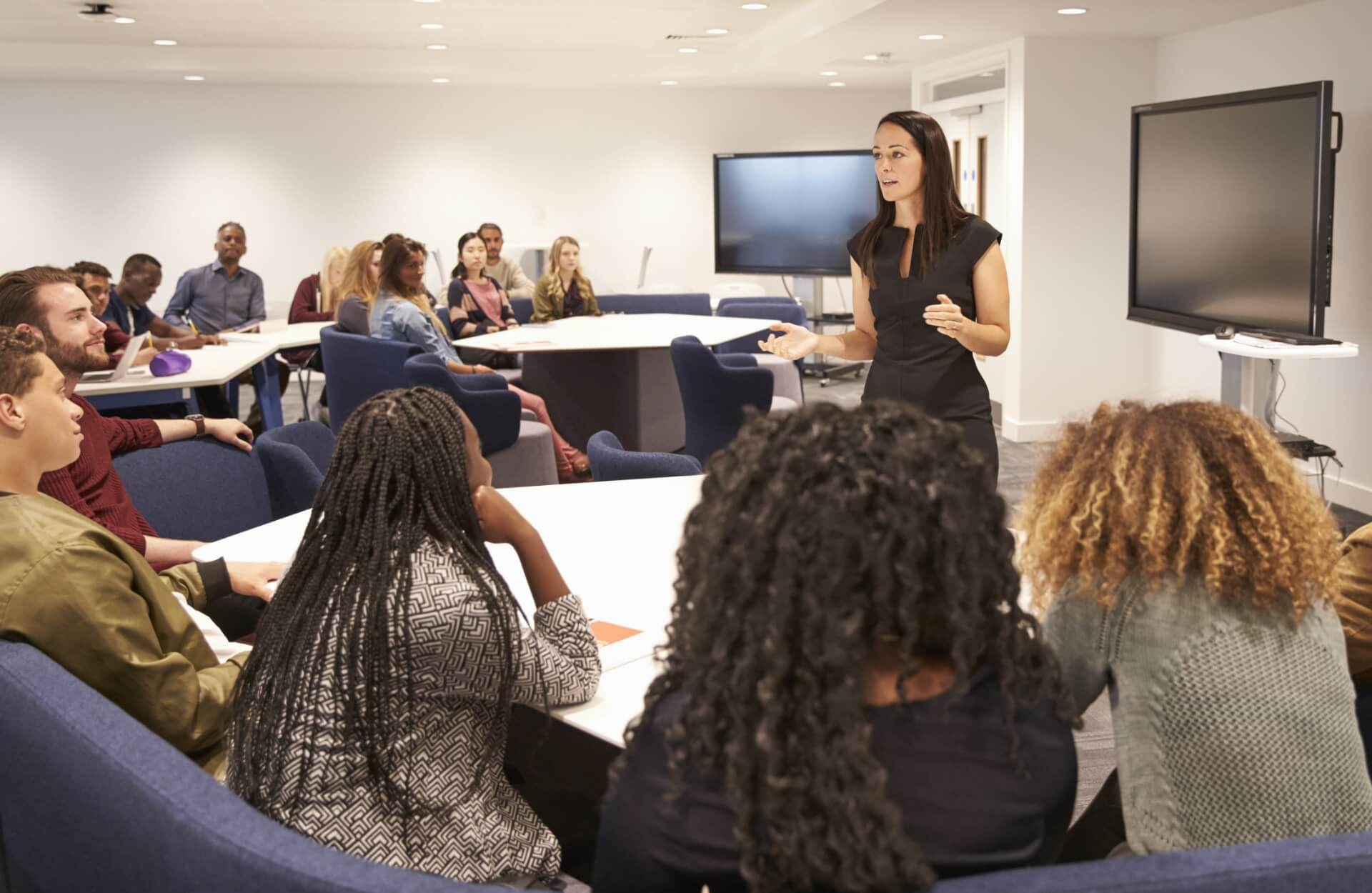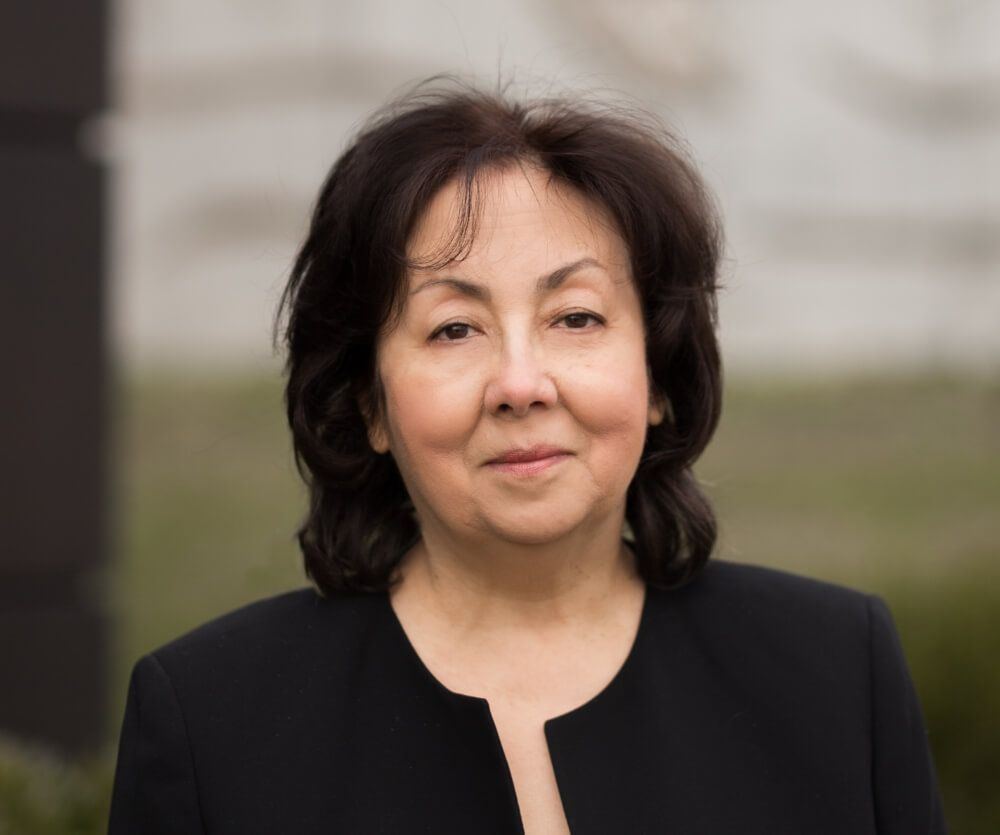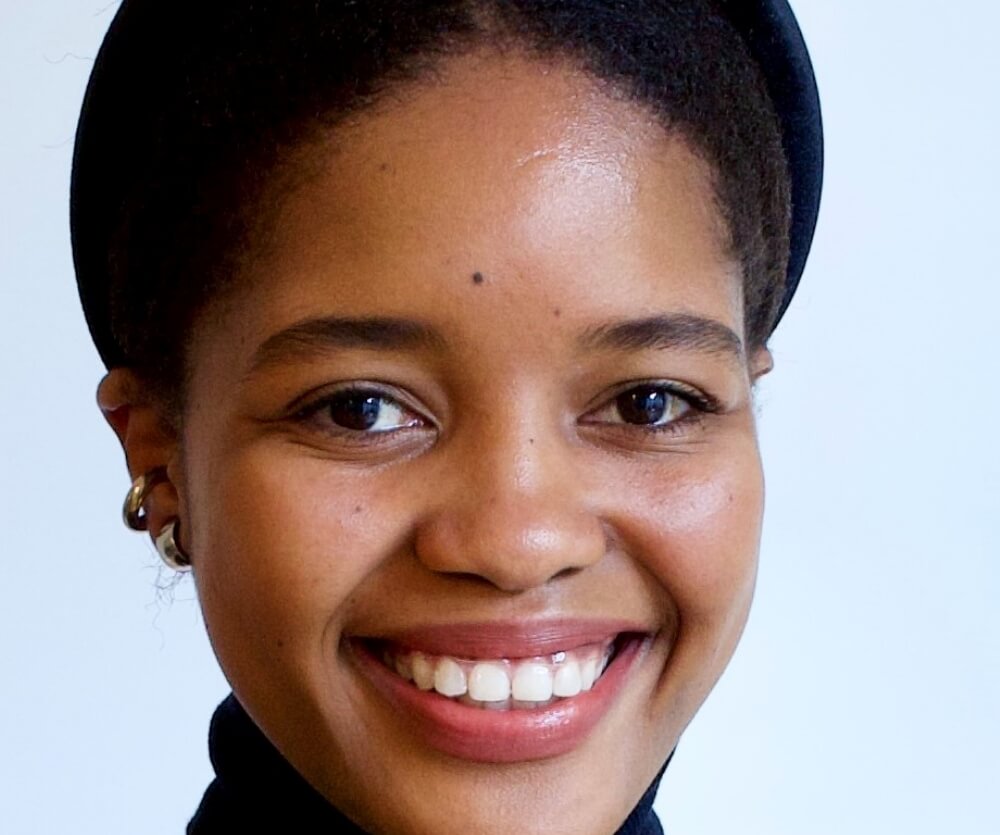Promote people’s well-being and support equitable representation of countries in global decision-making.
Strengthen representation of countries in special situations in institutions of global governance.

Promote people’s well-being and support equitable representation of countries in global decision-making.
Strengthen representation of countries in special situations in institutions of global governance.
Training diplomats in a post-COVID world. UNITAR continued to implement most face-to-face workshops as e-workshops and online courses due to the travel restrictions during the COVID-19 pandemic. Adjusting the format of our learning events allowed UNITAR to reach broader audiences of diplomats and government officials around the world.
Master’s programmes. Launched 3 new master’s programmes: Master in International Law and Diplomacy with the University for Peace (which targets students and professionals who would like to have a deeper understanding of topics related to multilateral diplomacy and international law), a hybrid Masters on Anti-Corruption and Diplomacy with the International Anti-Corruption Academy (for professionals and aspiring professionals in the field of diplomacy and anti-corruption) and a Master’s Programme in International Leadership and Negotiation in collaboration with the Universidad Europea de Valencia.
Courses designed for the New York diplomatic community at the UN Headquarters. 7,069 participants benefitted from 43 events developed by the New York Office, equivalent to 174 training days during the year.
Music and the SDGs. Echoing the 76th President of General Assembly (PGA) mission for his Presidency, UNITAR organized the “Piano Recital: Building Resilience Through Hope”, in collaboration with the Global Foundation for the Performing Arts.

“There are many great programmes on diplomacy out there that are targeted to a niche of professionals with certain degrees, work experience and even age groups. These programmes are needed […]. UNITAR’s programme, on the other hand, welcomes professionals that do not necessarily have a traditional career in diplomacy but want to develop their knowledge and gain skills.”
The Republic of Bashkortostan, state of The Russian Federation/USA

“Men in my field are judged on their potential, whereas women by their past accomplishments. There is always so much more you have to prove as a woman to get leadership roles, participate in specific projects and be acknowledged for your contributions.”
South Africa/Ireland